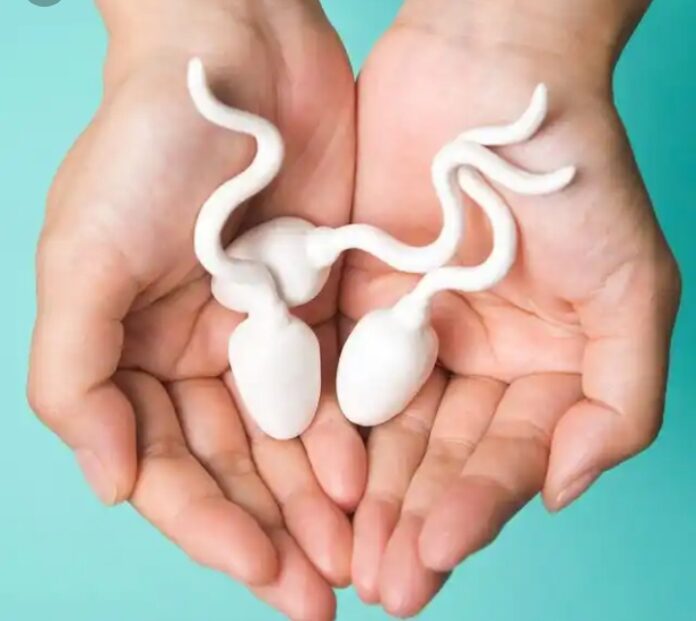Sperm health is crucial for fertility and overall well-being. The quality and quantity of sperm are influenced by lifestyle choices, environmental exposures, and medical conditions.
Key Aspects of Sperm Health
1. Sperm Count: A healthy sperm count ranges from 15 million to over 200 million sperm per milliliter of semen. Lower counts can reduce the likelihood of conception.
2. Sperm Motility: This refers to the ability of sperm to swim towards an egg. Poor motility can hinder fertilization.
3. Sperm Morphology: The shape and structure of sperm are critical for successful fertilization. Abnormal morphology can impair the sperm’s ability to penetrate an egg.

Factors Affecting Sperm Health
1. Lifestyle Choices: Smoking, excessive alcohol, and drug use can impair sperm quality. A balanced diet, regular exercise, and maintaining a healthy weight enhance sperm health.
2. Environmental Exposures: Pesticides, heavy metals, and chemicals can negatively impact sperm production. Limiting exposure to these toxins is essential.
3. Medical Conditions: Varicocele, infections, and hormonal imbalances can affect sperm quality. Medical management is crucial for improvement.
4. Stress and Mental Health: Chronic stress and anxiety can reduce sperm quality. Stress-reducing practices like mindfulness and adequate sleep support better sperm health.
Sperm health is a vital indicator of overall health and fertility potential. By making informed lifestyle choices, managing medical conditions, and reducing stress, men can improve their sperm health.
Regular medical evaluations are essential for early detection and management of potential issues, ensuring a healthier reproductive life.




